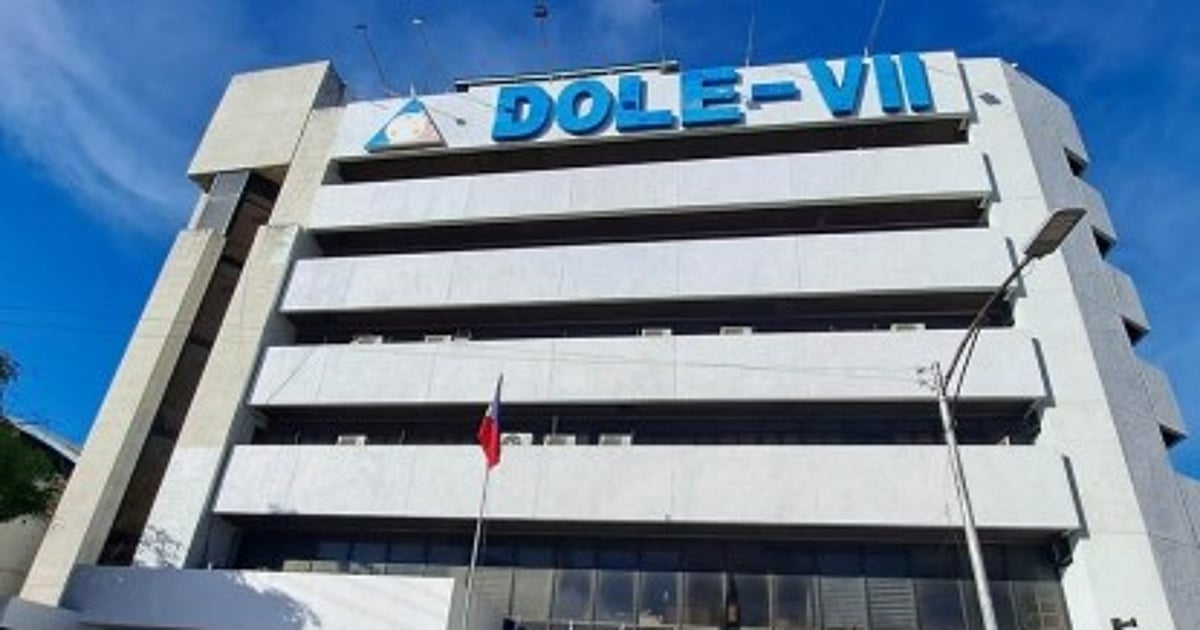Labor Day: Why Politicians Are Absent From Many CVs
Labor Day, a holiday celebrating the achievements of workers, often sees a noticeable absence of politicians from public events and social media. While some make appearances, many maintain a lower profile. This conspicuous absence raises questions about the perceived disconnect between politicians and the working class they claim to represent. This article delves into the potential reasons behind this trend.
The Perception of Authenticity:
One major factor is the perception of authenticity. Many believe that politicians appearing solely for photo opportunities during Labor Day, without genuine engagement with workers' concerns throughout the year, rings hollow. This calculated absence is often interpreted as a lack of genuine commitment to the working class. A staged appearance can backfire, fueling cynicism and distrust amongst voters who are already wary of political posturing.
- The optics of a forced photo-op: Posed pictures with hard hats or tools can appear disingenuous, particularly when contrasted with a politician's voting record on labor issues.
- The "out of touch" narrative: Politicians who rarely interact with the working class outside of election cycles reinforce the narrative that they are detached from the everyday struggles of their constituents.
Strategic Political Calculations:
Another contributing factor is strategic political calculation. Labor Day can be a minefield for politicians, particularly if they have recently made decisions unpopular with labor unions or working-class voters. Avoiding potentially contentious situations or tough questions from journalists might seem a safer strategy, however short-sighted it may appear.
- Avoiding difficult questions: Labor Day rallies often attract journalists eager to ask tough questions about wages, benefits, and labor policies. Avoiding these events allows politicians to sidestep potentially damaging scrutiny.
- Minimizing negative publicity: Controversial statements or actions made during Labor Day events can easily go viral, potentially harming a politician's image and campaign.
The Shifting Political Landscape:
The changing political landscape also plays a role. With the rise of social media and the 24/7 news cycle, politicians are acutely aware of the potential for any misstep to be amplified and scrutinized. This heightened level of accountability influences their decision-making regarding public appearances.
- The power of social media: A poorly chosen word or awkward interaction can quickly go viral, damaging a politician's carefully constructed image.
- The need for controlled messaging: Public appearances offer less control over messaging compared to carefully crafted press releases or social media posts.
The Importance of Genuine Engagement:
While some strategic avoidance might be understandable, the absence of politicians from many Labor Day events points to a broader issue: the need for genuine engagement with the working class. Simply showing up for a photo opportunity isn't enough. Politicians need to actively listen to the concerns of workers, advocate for their rights, and demonstrate a consistent commitment to improving their lives throughout the year, not just on a designated holiday.
Conclusion:
The absence of many politicians from Labor Day celebrations underscores a growing disconnect between political leaders and the working class. While strategic reasons exist, the long-term cost of this perceived absence could be a decline in trust and voter engagement. True representation requires more than just symbolic gestures; it requires consistent action and meaningful dialogue throughout the year. The challenge for politicians is to bridge this gap and build genuine relationships with the very people they represent.

